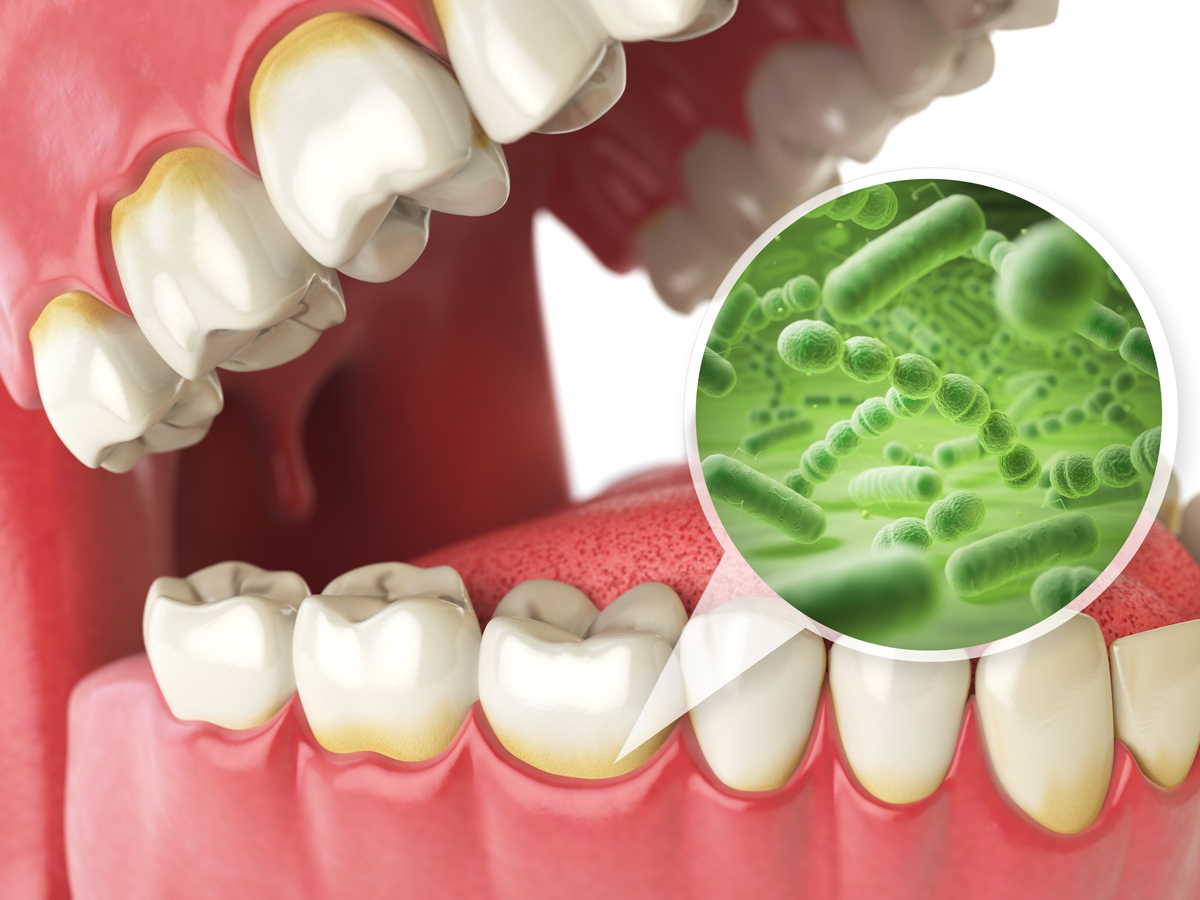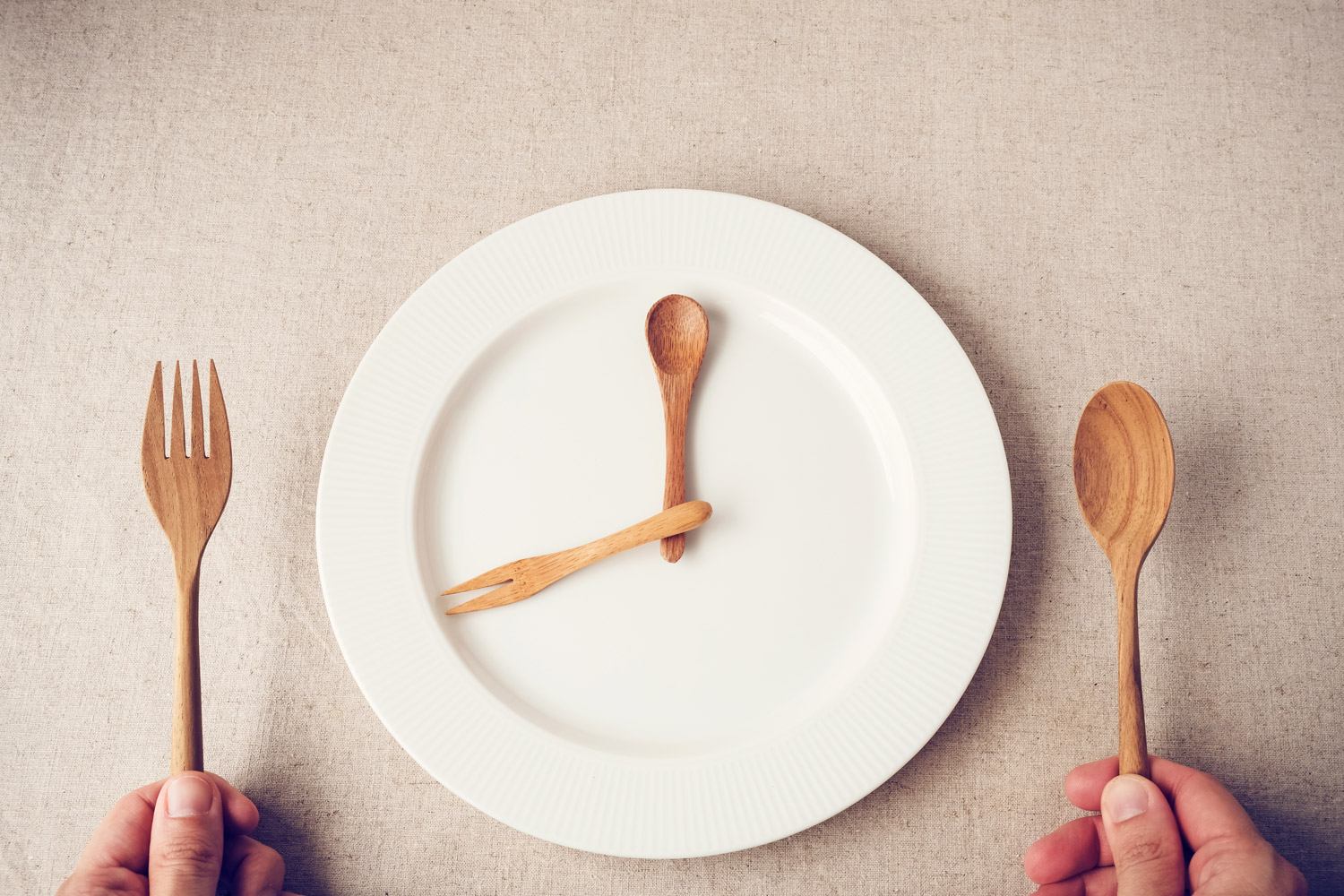For most of us our lives have changed enormously in the last couple of months as governments around the world have compelled behavioural changes in response to COVID-19, with lockdown, social distancing and hygiene practices. More is known about the virus now and there is a growing consensus that increasing age and pre-existing medical conditions, particularly obesity and type two diabetes increase the potential for serious outcomes. Both conditions create metabolic assaults that can keep the immune system unhealthily primed with widespread circulation in tissues of pro-inflammatory cytokines (factors of the immune system). On the one hand these reduce appropriate defence response and on the other are more likely to be implicated in the cytokine storm phenomena that has contributed so heavily to the current death rate. Both conditions can respond to intervention through nutritional therapy, with the focus on building better health and resilience, and perhaps there has never been a better time than now to begin a health journey.
Despite the avalanche of research into COVID-19 there has been less emphasis on what is arguably the most important aspect of all, and that is supporting our own immune system so it can protect us effectively. It is worth putting our attention there as the search for an effective cure is unlikely to yield one within the next few years, if ever.
Our immune system is intelligent, reactive, and highly effective at protecting us from external invaders such as viruses and other foreign (to our own tissues) organisms. We are not helpless in the face of exposure to the COVID virus as our immune system has evolved over millions of years to protect us against multiple and continual assaults against our biological integrity. While there is no single one factor that will treat or prevent the virus there are multiple strategies that are worth implementing to optimise our immune function.
Possibly the most important strategy for building immune competence of all is optimising our Vitamin D level, as detailed in the previous blog.
As also detailed in previous Gut Matters blogs, eighty per cent of our immune system is contained within our gut, and keeping a healthy ecosystem of bacteria within using all the strategies previously mentioned, is a baseline for health. While sufferers of COVID-19 usually present with lung symptoms gut symptoms are also common. The gut mediated immune system influences the balance between pro-inflammatory and regulatory. We can nurture our gut bacteria by eating a wide variety of vegetables and fruits, and fermented foods such as yoghurt, sauerkraut, kimchi, kefir and miso. During active infection it can be worth taking a probiotic supplement.
Eating a rainbow of vegetables and fruit, rather than just five a day, gives our immune system the diversity and volume of the phytochemical compounds produced by plants that speak to our cells. These compounds make a huge impact. Try to eat 10 portions of vegetable and fruit per day, with the emphasis on vegetables, and 21 different colours. Studies have indicated that smaller amounts of many phytochemicals can make a greater difference to our immune activity than greater amounts of fewer phytochemicals. So mix it up and try not to get into a rut of the same foods all the time.
Vitamin C has been discussed extensively in relation to COVID-19 as trials are ongoing in China and New York on the use of intravenous Vitamin C as a treatment. Vitamin C is a water soluble nutrient and needs to be continually replenished in our diet. During illness the body can use stores of Vitamin C at many times the normal rate as cellular activity speeds up, and levels can rapidly fall, compromising immune function. Most brightly coloured fruits and vegetables contain Vitamin C hence the need again to consume a variety. During active infection it is usually worth taking a supplement.
Other important immune supporting nutrients are zinc (meat, shellfish, pulses), beta glucans (mushrooms), Vitamin A (conversion from beta carotene in vegetables, or liver), selenium (brazil nuts), and quercetin (onions, apples).
The immune system is also impacted by exercise and good quality sleep. Exercise outdoors if possible to maximise Vitamin D. Good sleep hygiene is important– no screens two hours before sleep and a dark bedroom to maximise melatonin.



This Post Has 0 Comments